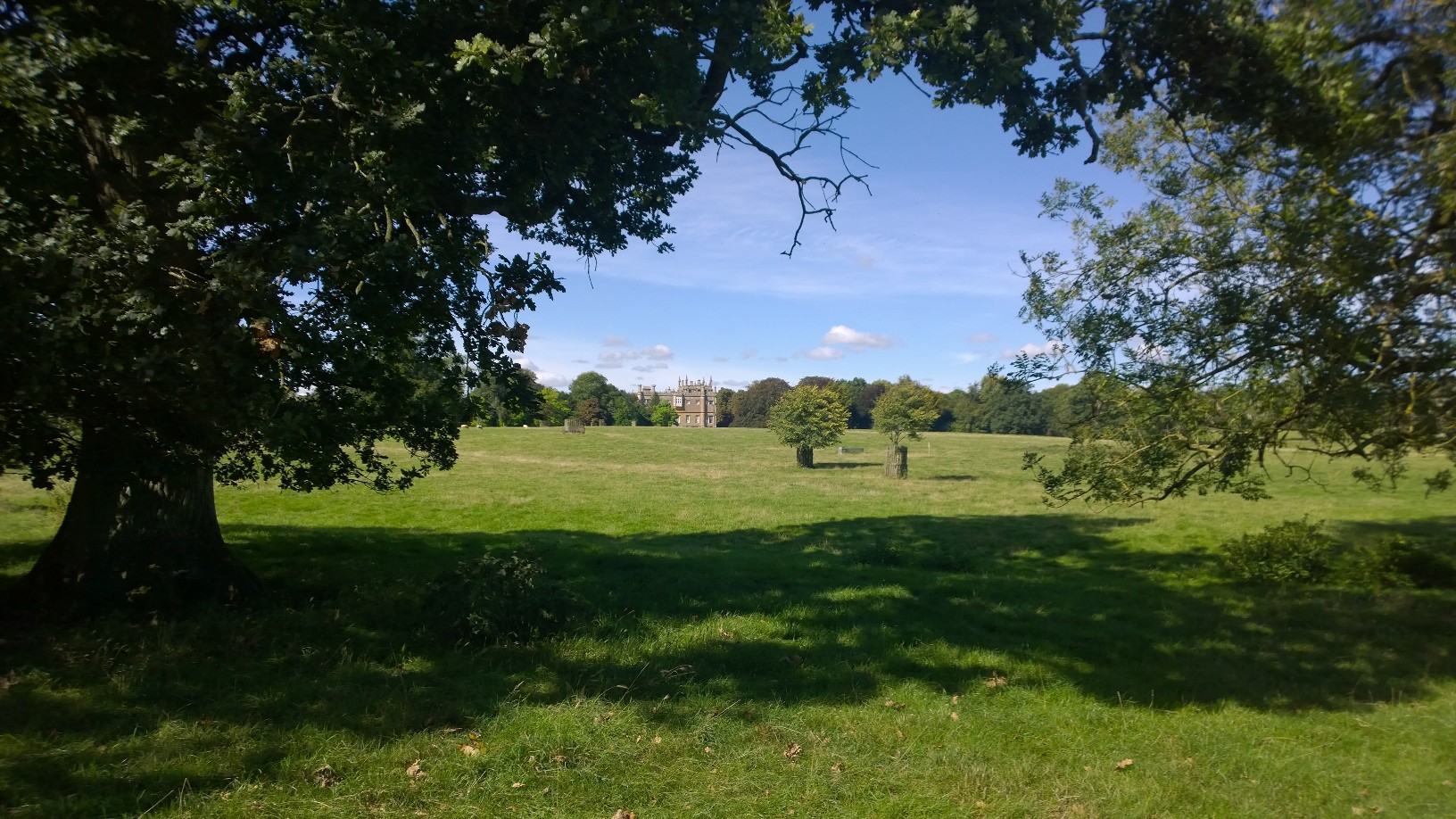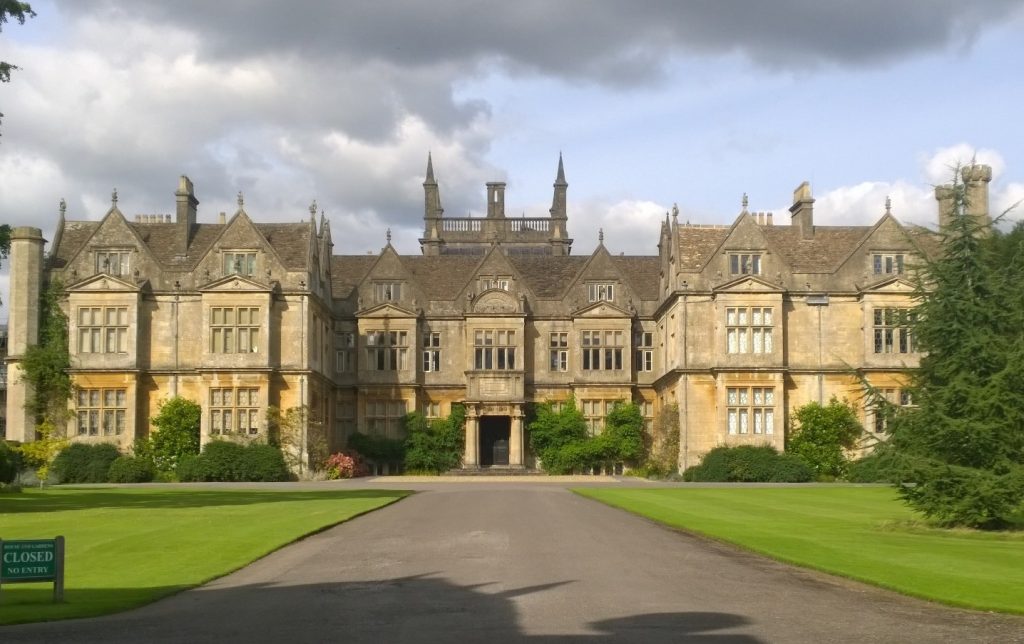
To improve your writing, you have to work at it. If you have the discipline to scribble away on your own, that is great. However, very many people lack the discipline, confidence, or know-how to go it alone. For those people options are available and this post attempts to cover the different kinds of offerings, with examples from my own writing path.
First off, I want to stress that an MA Creative Writing is not a essential step on the way to being a writer. In fact, some might argue the MA/MFA creates identikit writing. It is true that novice writers, as with novice drivers, are very conscious of using their new-found skills.
For my part, I love learning. I especially love learning the craft of writing. Hence, I’ve studied at undergraduate and postgraduate level on-campus and via distance learning, in courses either part-time or full-time, at one-day/half-day workshops, by reading books on the craft, and in write clubs.
There is such a raft of courses available now, all claiming to answer your needs, that choosing the right one is daunting.
This post aims to guide you through the various offerings, to help you select the right course for you.
Undergraduate Study
You can expect to learn the basics of characterisation, point of view, structure, voice, imagery, rhyme, form, editing and presentation.
Some courses offer experience in prose fiction, creative non-fiction, poetry and scriptwriting. Others distinguish between these, even at this stage, such that you could take a BA in scriptwriting.
Many universities across the UK offer undergraduate courses in creative writing. For information, search UCAS.
What I did
I studied via The Open University, a distance learning, non-selective, course which allowed me to continue working fulltime. The first course, A215 Creative Writing, drove home the basics all writers need to know. The cohort got to know each other by an online forum and a couple of days where we were brought together in a tutorial. The group was active online, supportive and willing to give feedback.
Unfortunately, my experience with the A363 Advanced Creative Writing module couldn’t have been more dissimilar. I’ve no idea how many registered for the course, but only three people were active online, and the 2-3 tutorials attracted five people max. This module aims to develop dramatic technique, individual style and voice.
These are the only two undergraduate modules the OU offers in creative writing. Together they form a diploma. If you want to put these towards an undergraduate degree you will need to look beyond creative writing. I took a couple of modules in linguistics/English language which I have found invaluable to my writing. They’ve given me an understanding of how we use language and the reader’s perception of how creative writing is put across. I also learnt Spanish from scratch. I was awarded a BA humanities (with creative writing). All in all, an incredibly useful grounding.
Novel-writing Courses
The BA was all very well, but I wanted to write a novel. It is quite possible to write a novel without the need for any courses. Many, many people have done it, and have made careers out of writing.
For me, however, I still felt I had much to do in developing my craft.
Many universities offer postgraduate level courses in creative writing (see FindaMasters), some of which are part-time. More recently, literary agencies, such as Curtis Brown’s Curtis Brown Creative, publishers, eg. Faber & Faber’s Faber Academy, and others such as Write Here UK, have begun offering alternatives to the academic route.
I recognised I needed to make a life change if I was ever going to complete a novel. By investing in an academic qualification, I’d be telling those around me (at work and home) that I was serious about this.
Post-graduate Study
You should expect to refine your craft, to critique published authors and to broaden your reading. You will be encouraged to increase your daily word count and to delve into your deepest, darkest psyche. You will have the opportunity to expand your network of writerly people. You may also learn how to get published.
What I did
I came across an advert for an open day at the Bath Spa University to study for an MA Creative Writing. As the campus was only eight miles away from me, I figured what did I have to lose by popping along for a coffee and chat?

One look at Corsham Court, the sixteenth-century country house of the Methuen family, set in grounds designed by Capability Brown against a soundtrack provided by resident peacocks, and I was smitten.
The only problem as I could see: the course was fulltime.
Could I afford to do this? Not really. My only option was to continue working. Fortunately, my employer was willing to consider my request to go part-time. We negotiated and agreed on 50% of full-time (2½ days).
Student loans for master’s degrees are available, but not for those who already have a master’s degree. Some universities offer bursaries for students on low incomes.
Admission to the Bath Spa University course is by submission of a sample of your creative writing and an interview. To get through suggests you have the potential to write.
The commitment was tough. Due to my working hours, I missed out on some non-timetabled events, such as talks given by agents, publishers and others in the business. But the face to face contact with a group of like-minded, talented people was invaluable.
The MA at Bath Spa culminates in an anthology of the cohort’s work, launched at an event in London during the May following graduation. Students get to mingle with, and pitch their work to, literary agents.
The main benefits of the MA for me were that I learnt the discipline of writing regularly and I now have a supportive group of writers with whom I share work.
Non-Selective Study
At the end of the course, I plodded on with my manuscript. Then it dawned on me, not in a shining light epiphany, but in a slow drip over a few months: I had no idea how to edit.
What I did
This was a tricky one. I didn’t feel ready for it, after all, I’d only just finished the first draft. Yet I couldn’t see this chance ever coming again. So, I followed up a few of the contacts I made at the launch, by submitting my manuscript. In retrospect, I should have waited until my manuscript was good and ready.
That’s where the Curtis Brown Creative Edit & Pitch course came in. A six-week online course designed to polish the manuscript to a shine, with guidance on writing a synopsis and an agent pitch. The student cohort was extremely active on the forum, willing to give feedback, supportive and good-humoured.
It has to be said the course was very much student-led. We each only received tutor feedback once over the six week period.
Short Courses and Workshops
Many, many short courses and workshops are available to help you focus on a particular aspect of your writing, such as developing character, or on a genre of writing, for instance, memoir or folktales.
Write Clubs
The writer’s life can be lonely. A write club can provide support, motivation and more of a sense of community. It also gives you feedback on your work in progress, and the opportunity to learn from other members’ work. Feedback received should be more informed and less biased than any such comments you may receive from friends and family. If you can’t find a local group, consider setting up a write club of your own.
Bibliography
- Anderson, Linda. Creative Writing: a Workbook with Readings. The Open University
- King, Stephen. On Writing
- Prose, Francine. Reading Like a Writer
- Thomas, Scarlett (2012). Monkeys with Typewriters
Information correct at time of writing.








